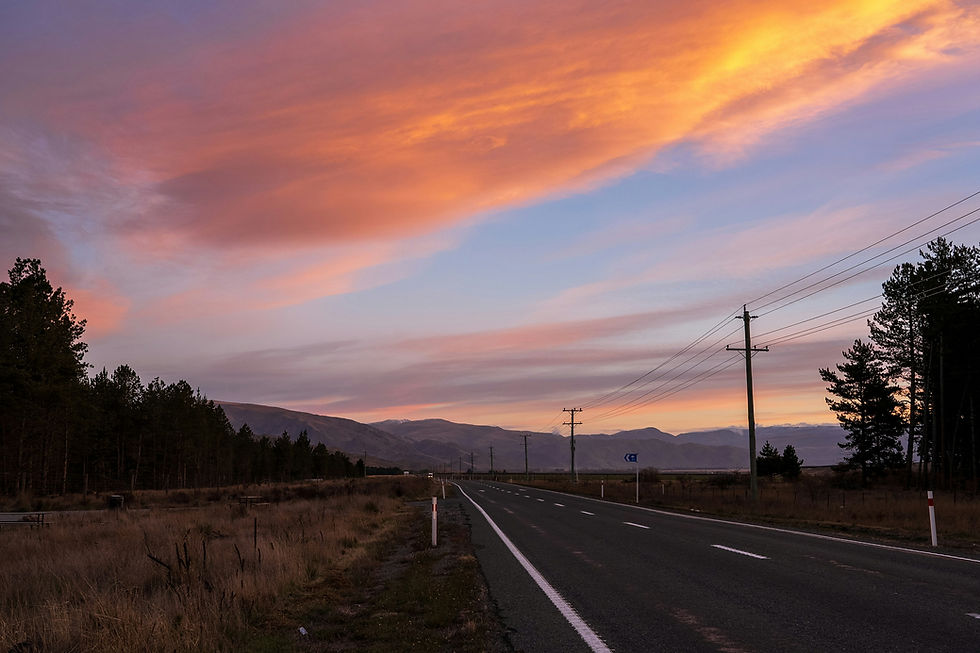Time to take addiction seriously
- Our Words Matter
- Oct 30, 2019
- 3 min read
Written by Denise Cloughley, Solace Addiction Services
Take a moment and think about your own social circle. Can you honestly say that you don’t know one person who you suspect has an addiction problem? It could be alcohol, drugs or prescription medicines, but I can guarantee there is at least someone you know who currently has, or has had, a substance use disorder.
For me, addiction is an equaliser and it saddens me that there is a stigma surrounding addicts that as people they are somehow less than those who never get trapped in the cycle of substance abuse.
What addiction does is destroy lives. Just like everyone else, addicts have families, they have goals and dreams. Nobody begins drinking alcohol and using drugs to become an addict, but when someone has an addiction, it’s destructive for everyone – for them, their friends and their family.
While it is estimated that around 1 in 8 New Zealanders have an addiction problem, I’d say its more likely to be around 1 in 5. That’s about 675,000 addicts and I’m not alone in thinking the number could be this high.
The sad reality is that in New Zealand, only around 47,000 people access help for their addiction related issues.
This begs the question of what happens to the rest?
The answer is nothing. Essentially, they’re on their own and have to either work out for themselves how to recover or die. It’s that simple and anyone who works in this field, or has a family member they have sought treatment for, will tell you the same thing.
It also raises the question of why New Zealand, as a first world country, doesn’t have better support systems in place for addicts? Why can’t the other 628,000 New Zealanders get the help they need?
I’ll be the first to acknowledge that maybe they don’t want help – they might not be ready for it or haven’t yet realised that they need it. But about those who have reached out and want a chance at recovery?
Because New Zealand under-invests in addiction treatment, and helping addicts recover is not high on the priority list, the state of what’s on offer is dire. Addiction services receive a relatively small amount (about 11%)[i] of the total public expenditure on mental health and addiction services.
A typical waiting list for detox in Auckland is six weeks. After detox, the next phase of rehab is even more inaccessible – it can take six months and a condition of entry into rehab is that you have to be sober or drug free first.
Alongside the publicly funded facilities, a number of private treatment options are available. However, because this is an unregulated industry, many providers don’t require a licence to operate
Addiction is a highly complex disease and ultimately recovery is dependent on the quality of care an addict receives.
My fear is that if you have an addiction in New Zealand you are highly unlikely to get well. Our people are dying from addiction and the lack of treatment facilities. We need to start taking addiction seriously.
Denise Cloughley is the founder of Solace, a private drug and alcohol treatment consultancy devoted to those suffering from a Substance Use Disorder (SUD). Click here to read the original article: http://www.seekingsolace.co.nz/blog
[i] HDC. 2018. New Zealand’s Mental Health and Addiction Services: The monitoring and advocacy report of the Mental Health Commissioner. Auckland: Health and Disability Commissioner. www.hdc.org.nz/resources-publications/search-resources/mental-health/mental-health-commissioners-monitoring-and-advocacy-report-2018(external link)







Comments